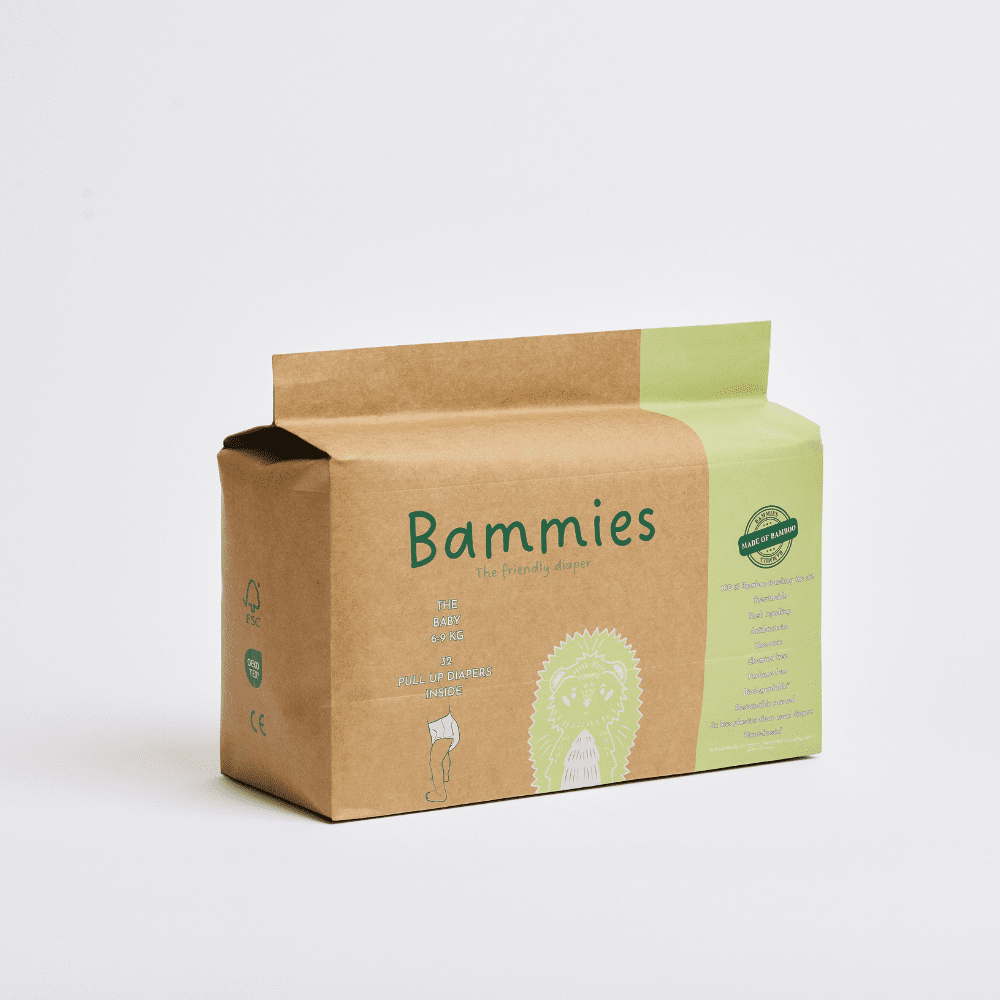Parenthood is an amazing journey, but it comes with its own challenges and concerns. A common problem that many parents may encounter is constipation in babies. Seeing your little one bothered by this can be worrying, but it's important to remember that constipation is a common occurrence in babies and there are many ways to deal with it. In this blog post, we will discuss the causes of constipation, symptoms and most importantly, how you as a parent can ease your infant's discomfort.
Causes of constipation in infants:
Constipation in infants can be caused by several factors, including their diet, fluid intake, and developing digestive system. When babies transition from being breastfed or receiving formula to solid foods, it can affect their bowel movements and lead to temporary constipation.
Symptoms of constipation in infants:
Determining if your baby is constipated can be tricky, especially since they can't yet communicate their feelings. Here are some signs to look out for:
-
Irregular bowel movements:
If your baby does not have a bowel movement for several days, it may be a sign of constipation. -
Hard stools:
Difficulty passing hard and lumpy stools is a clear sign of constipation. -
Worry and crying:
If your baby seems unusually fussy, cries more than usual, and has trouble sleeping, it may be a result of the discomfort of constipation.
Tips to relieve constipation:
As a parent, you can take several steps to help your infant manage constipation and ease their discomfort:
- Breastfeeding or bottle feeding: If your baby is breastfed, make sure to breastfeed them regularly and let them drink as long as they want. If they are receiving formula, make sure you follow the guidelines recommended by your pediatrician.
-
Fluid intake: Make sure your baby is properly hydrated by giving them enough fluids. Your pediatrician can advise on how much fluid is appropriate for your baby's age.
-
Abdominal massage: Gentle circular clockwise movements around the navel area can help stimulate bowel movements.
-
Tummy Time: Let your baby spend tummy time under supervision. This can help activate the abdominal muscles and promote bowel movements.
-
Change diet: If your baby has started eating solid foods, consider introducing high-fiber foods like apples, pears, and vegetables. But remember to do this in consultation with your pediatrician.
-
Contact your pediatrician: If you are unsure how to manage your infant's constipation or if their condition worsens, do not hesitate to contact your pediatrician for professional guidance.
A good tool at home can be a baby valve that you can buyhere . If you want more tips and advice, you can read more under our articles.

